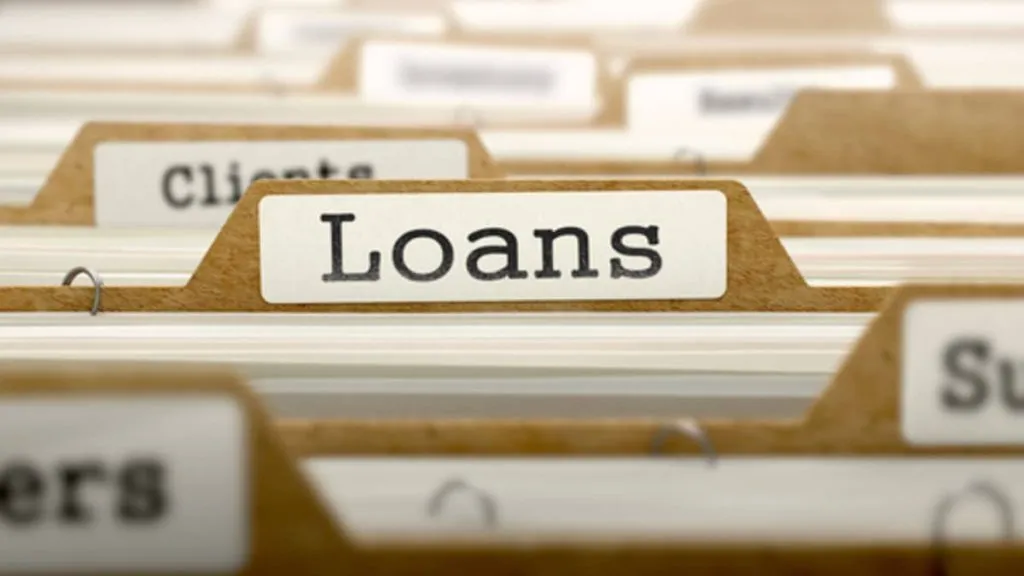Debt is a common concept, but navigating through it can be confusing. One aspect of managing debt is loan liquidation, which involves paying back borrowed money. In this blog post, we’ll break down what loan liquidation means and provide tips on how to effectively manage it.
What is Loan Liquidation?
Loan liquidation is the process of repaying a loan. It’s like settling a debt you owe to a lender. This can happen in various ways, such as paying off the full amount, refinancing the loan, or reaching a compromise with the lender. Essentially, it’s about turning borrowed money back into cash.
How to Liquidate Your Loan:
Prioritize Your Repayment Plan:
Before taking out a loan, it’s crucial to have a plan for repaying it. Make repaying the loan a top priority in your budget. Set aside money specifically for loan payments so you’re prepared when they come due.
Focus on High-Interest Loans First:
When you have multiple loans, it’s tempting to pay off the smaller ones first. However, it’s more beneficial to tackle the loans with the highest interest rates first. By doing so, you’ll save money on interest payments in the long run.
Increase Your Repayment Percentage:
As your income increases, consider allocating a higher percentage towards loan repayment. This can help you pay off the loan faster and reduce the overall interest you’ll pay.
Use Windfalls to Pay Larger Debts:
If you come into unexpected money, like a bonus or inheritance, consider using it to pay down your loans. Instead of splurging on luxury items, put the money towards reducing your debt burden.
Utilize Existing Investments:
While it might seem counterintuitive to use investments to repay debt, it can be a smart move. Paying off high-interest debt can ultimately improve your financial situation and free up resources for future investments.
Conclusion:
Managing debt can be daunting, but understanding loan liquidation is a crucial step towards financial freedom. By prioritizing repayment, focusing on high-interest loans, and utilizing windfalls wisely, you can successfully liquidate your loans and work towards a debt-free future.
FAQs:
1: What happens if I can’t repay my loan?
If you’re struggling to repay your loan, it’s essential to communicate with your lender. They may offer options such as restructuring the loan or creating a new repayment plan based on your current financial situation.
2: Will liquidating my loan affect my credit score?
Generally, repaying a loan as agreed can positively impact your credit score. However, missing payments or defaulting on the loan can harm your credit score.
3: Is it possible to negotiate loan terms with the lender?
Yes, many lenders are willing to negotiate loan terms, especially if you’re facing financial hardship. Contact your lender to discuss options such as loan modification or forbearance



